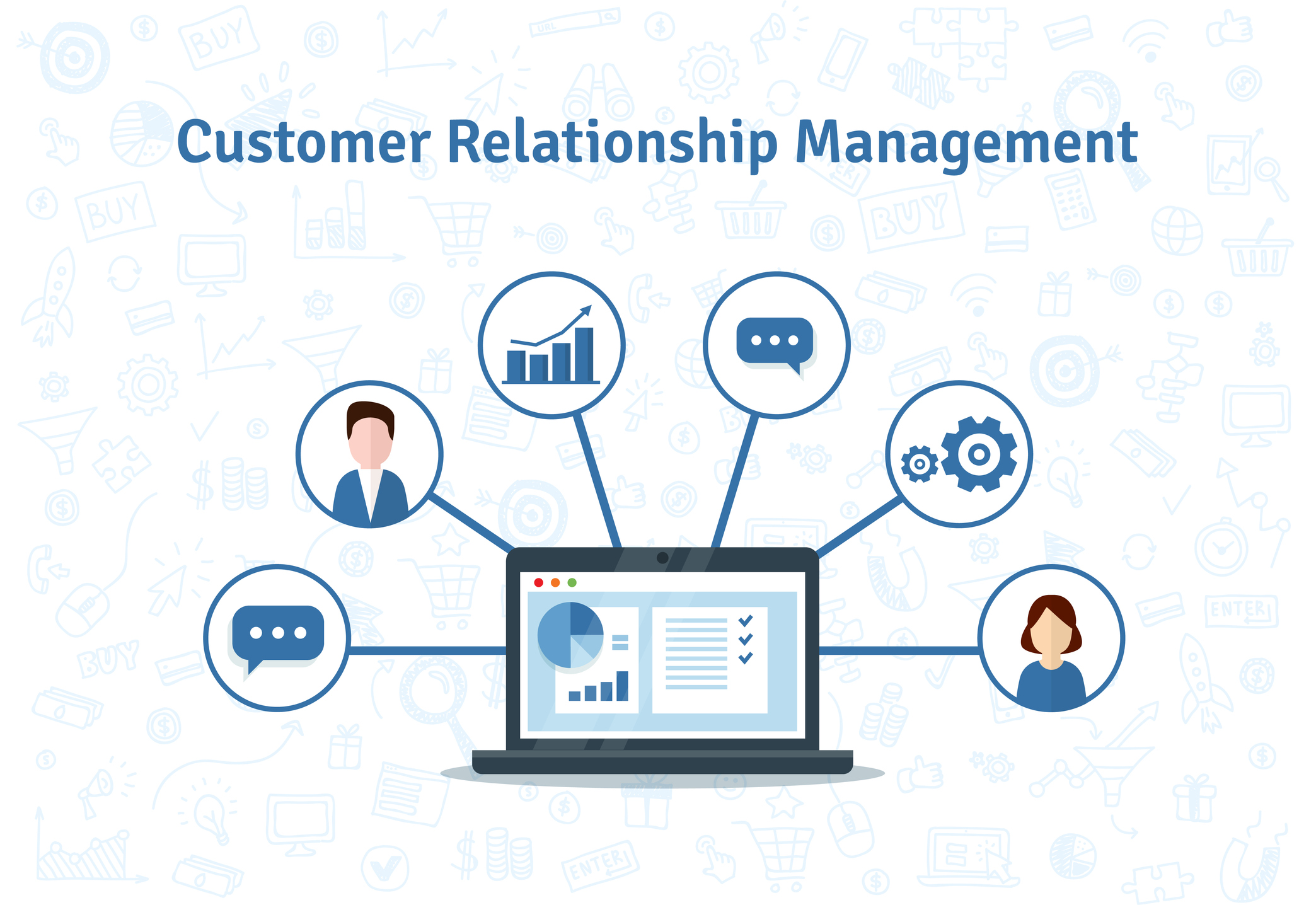CRM systems have revolutionized the way businesses engage with their customers. In today’s competitive marketplace, companies are increasingly realizing the importance of leveraging customer relationship management (CRM) systems to maximize their return on investment (ROI). A CRM system acts as a centralized hub for managing and nurturing customer relationships, enabling organizations to streamline their sales, marketing, and customer service efforts. By harnessing the power of data and analytics, CRM systems provide valuable insights that help businesses make informed decisions and deliver personalized experiences to their customers. In this comprehensive guide, we will explore the key strategies and best practices to ensure that you not only implement a CRM system effectively but also unlock its full potential to drive growth and increase profitability. So, let’s dive in and discover how you can supercharge your ROI with CRM systems.
Benefits of Implementing a CRM System
Increased Efficiency:
Implementing a CRM system brings numerous benefits to businesses. One major advantage is the remarkable increase in efficiency. With a CRM system in place, organizations can streamline their processes and automate various tasks. This eliminates the manual effort required in managing customer information, tracking sales leads, and analyzing data. By reducing administrative work, employees can focus more on productive activities, resulting in higher efficiency and overall productivity.
Improved Customer Relations:
A CRM system plays a crucial role in nurturing customer relationships. By centralizing customer data, businesses gain a holistic view of their clients, enabling them to provide personalized and tailored experiences. With access to valuable insights regarding customer preferences and purchase histories, companies can anticipate needs and deliver targeted marketing campaigns. This not only enhances customer satisfaction but also fosters long-term loyalty, driving repeat business and referrals.
Better Decision-Making:
Utilizing a CRM system empowers businesses with accurate and up-to-date data, leading to improved decision-making processes. By tracking customer interactions, sales transactions, and marketing campaigns, organizations can analyze trends and patterns effectively. These insights enable businesses to make data-driven decisions, identify opportunities, and anticipate market demands. As a result, companies can optimize sales strategies, allocate resources efficiently, and stay competitive in today’s dynamic business landscape.
Remember to save your progress consistently as you complete each section.
Key Features to Look for in a CRM System
When considering a CRM system, it is essential to understand the key features that can help maximize your return on investment (ROI). Here are three crucial features to look for:
1. Comprehensive Data Management: A reliable CRM system should have robust data management capabilities. This means it should allow you to store, organize, and access customer information effectively. Look for features such as a centralized database that consolidates all customer interactions and touchpoints. It should also provide options for customizable fields, tags, and filters to easily segment and analyze your customer data.
2. Automation and Workflow: Efficiency is crucial when it comes to managing customer relationships. Look for a CRM system that offers automation and workflow capabilities. This feature can help streamline repetitive tasks, such as data entry, follow-ups, and lead nurturing. Automation can save time and ensure that important steps in your customer engagement process are not overlooked.
3. Reporting and Analytics: To make informed business decisions, you need access to accurate and insightful data. A CRM system with robust reporting and analytics features is essential for monitoring and measuring the effectiveness of your customer interactions. Look for features such as customizable dashboards, real-time analytics, and the ability to generate reports on key metrics like sales performance, customer satisfaction, and conversion rates.
By paying attention to these significant features in a CRM system, you can ensure that you are investing in a solution that will help you optimize your ROI and effectively manage your customer relationships.
Strategies for Maximizing ROI with a CRM System
- Develop a Customized Implementation Plan
To maximize ROI with a CRM system, it is crucial to start with a well-thought-out implementation plan. Take the time to understand your specific business needs and goals, and then tailor the CRM system to align with them. Consider factors such as the size of your organization, the industry you operate in, and the specific functionalities required. By customizing the system to suit your unique requirements, you can ensure that every feature and tool contributes directly to your ROI.
Crm Dla Firmy Usługowej
- Train and Educate Your Team
A CRM system is only as effective as the people who use it. To maximize ROI, it is essential to invest in thorough training and education for your team members. Provide comprehensive training sessions that cover not only the basic functionalities of the CRM system but also advanced features that can enhance productivity and efficiency. Encourage ongoing learning by organizing regular workshops or webinars and providing resources like user manuals and tutorials. By empowering your team with the necessary knowledge and skills, you can ensure they make the most of the CRM system and contribute to improved ROI.
- Continuously Monitor and Optimize Performance
To achieve maximum ROI with a CRM system, it is crucial to monitor its performance continually and make necessary optimizations. Keep track of key metrics such as sales growth, customer satisfaction, and response time. Regularly review the analytics and reports provided by the CRM system to identify areas of improvement and address any issues or bottlenecks. Collaborate with the CRM provider to understand the system’s capabilities fully and explore any new updates or features that can further enhance ROI. By staying proactive and making data-driven decisions, you can continuously improve the performance of your CRM system and maximize its ROI.
Remember, implementing a CRM system is not a one-time effort; it is an ongoing process that requires attention and dedication. By following these strategies, you can ensure that your CRM system becomes a valuable asset that drives tangible ROI for your business.

